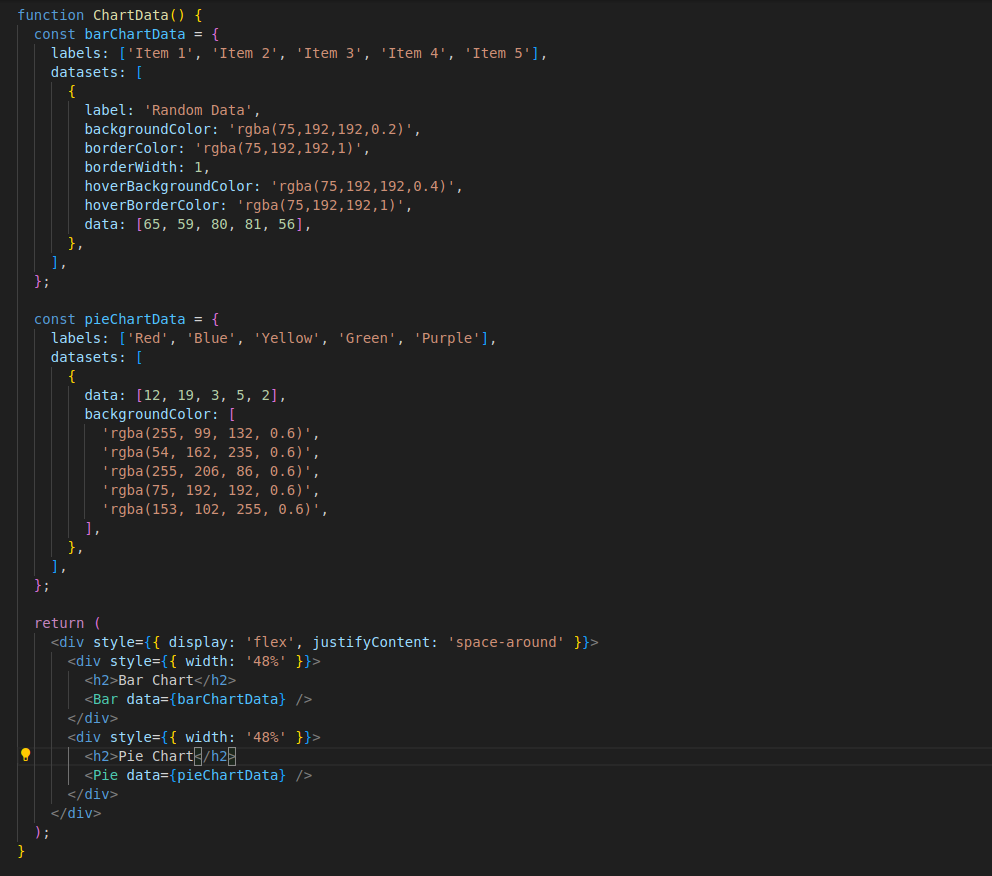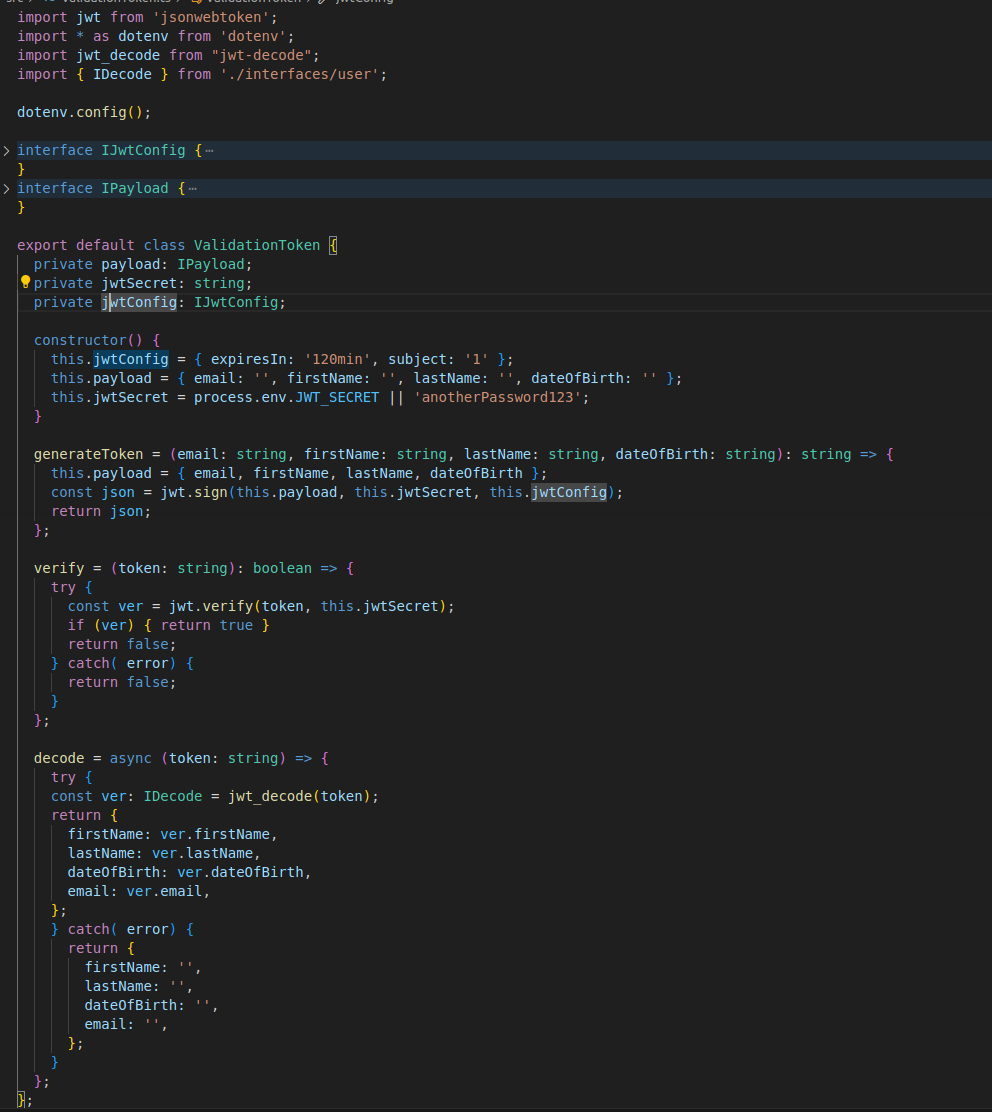

For Companies
For AI Labs
For Developers
Use Cases
Customer Stories
Get added peace of mind with Revelo’s risk-free trial. If you’re not satisfied with your hire within the first 14 days: You pay nothing, and we’ll find you a new candidate at no additional cost.










Gabriela M.
Experience
8 years
AVAILABILITY
Full-time

Sergio R.
Experience
8 years
AVAILABILITY
Full-time

Isidora R.
Experience
5 years
AVAILABILITY
Full-time

Catalina M.
Experience
5 years
AVAILABILITY
Full-time

Yolanda P.
Experience
5 years
AVAILABILITY
Full-time
Rigorously vetted for technical and soft skills. Expertly hand-picked for your needs
Work synchronously with developers in the same or overlapping US time zones
Get shortlists within 3 days and hire in as fast as 2 weeks
Go further and reduce the overhead of sourcing, hiring, and talent management
Facebook API | Instagram API | YouTube API | Spotify API | Apple Music API | Google API | Jira REST API | GitHub API | SoundCloud API
Amazon Web Services (AWS) | Google Cloud Platform (GCP) | Linux | Docker | Heroku | Firebase | Digital Ocean | Oracle | Kubernetes | Dapr | Azure | AWS Lambda | Redux
MongoDB | PostgreSQL | MySQL | Redis | SQLite | MariaDB | Microsoft SQL Server
Software as a Service (SaaS) democratizes what otherwise would be complex and expensive technology, making it accessible for businesses of all sizes. The masterminds behind this revolution are SaaS developers proficient in JavaScript, Python, Node.js, and various other frameworks. Their expertise allows them to craft robust back-end APIs and intuitive front-end interfaces that power scalable full-stack web applications.
Yet, finding these specialized professionals can be challenging. The diverse programming languages utilized, from PHP to Ruby, complicates the hiring process. Adding to this complexity is that SaaS development skills are in high demand across sectors ranging from e-commerce to CRM systems and mobile app creation.
Navigating this competitive talent landscape requires strategic insights — something Revelo can provide for companies seeking top-tier SaaS developers.
At its core, SaaS is a cloud-based software delivery model that allows users to access applications over the internet without requiring installations on local devices. This model has widespread applications in various business areas, such as customer relationship management (CRM), e-commerce, and web hosting.
SaaS development involves creating platforms akin to Shopify for e-commerce or deploying enterprise solutions like Salesforce CRM and Office 365. By including SaaS in their tech stack, companies can reap significant benefits such as quick time to benefit, cost savings via subscription models, and improved scalability and integration. This gives them a competitive advantage by eliminating the need for on-site installations or hardware purchases — only an internet connection is needed. Plus, the provider handles updates and patching automatically.
SaaS offers businesses a cost-effective, cloud-based alternative to traditional on-premise software. It eliminates hefty upfront expenses related to hardware installations or maintaining proprietary software. It also saves substantial time as enterprises can quickly get their applications up and running.
Regarding growth adaptability and feature enhancements, SaaS stands out against traditional methods with its unrivaled scalability. Enterprises can modify their services easily as they expand or require new capabilities without investing extra effort, as providers typically manage updates and upgrades.
Now that remote work has become the norm, SaaS has become an essential tool for promoting seamless collaboration among dispersed teams. Companies looking to leverage this advantage have two options: Hire dedicated SaaS developers to create customized software solutions that cater to their business needs or use preexisting SaaS solutions from established providers.
However, it's worth noting that utilizing existing SaaS solutions may still require specialized roles tied to a particular SaaS product (like Salesforce or Microsoft Dynamics 365) for customization and deployment within the organization. Thus, the hiring decision should be strategically aligned with the business's specific technological needs and objectives.
SaaS offers a multitude of benefits that cater to various business needs. Here are some key advantages that highlight why enterprises worldwide are rapidly adopting this technology:
The versatility and adaptability of SaaS make it an attractive proposition for businesses across industries — from start-ups looking to scale quickly to established corporations aiming for digital transformation.
A SaaS developer primarily focuses on developing and maintaining software applications delivered over the internet. Their role is pivotal in crafting cloud-based applications that are accessible anywhere, anytime. These developers typically work within a team structure, liaising with front-end developers, UX designers, and project managers to ensure the software meets user needs and business goals.
Typical responsibilities of a SaaS developer include:
A SaaS developer takes an idea from conception through execution to create reliable and scalable web applications that facilitate business operations.
The requirements for a SaaS developer can vary based on the project's specifics. However, some skills are universally sought after. A well-rounded SaaS developer will have a combination of qualifications, experience, and technical skills.
From a technical perspective, proficiency in programming languages such as PHP, Python, or Node.js for back-end development and JavaScript with libraries like Angular or React Native for front-end is essential. Understanding cloud computing platforms such as Amazon Web Services (AWS) or Azure is crucial due to the cloud-based nature of SaaS applications.
Knowledge of web application frameworks like Ruby on Rails or ASP.NET and experience with CSS and HTML is also important. Familiarity with DevOps practices aligns well with the iterative nature of SaaS projects. In addition to these technical skills, strong problem-solving abilities, excellent communication skills, and an eye for UX design are valued.
A bachelor's degree in computer science or related fields is typically required. However, practical experience often takes precedence over formal education alone. Certifications like Certified Cloud Security Professional (CCSP) or AWS Certified Developer can be beneficial but aren't obligatory.
Crafting a SaaS application depends on the languages and libraries used, which can significantly impact the project's outcome. While it's critical to remember that the right tools depend on your project, some key languages and libraries are particularly popular for SaaS development processes.
The languages and libraries should align with your team's skills and the project requirements. The right combination can ensure seamless execution of your SaaS project — making it feature-rich, scalable, and maintainable over time.


The right tool kit can significantly streamline SaaS processes and increase productivity. Here are some popular programming tools that SaaS developers often utilize:
SaaS allows developers to craft scalable and custom software solutions that can be accessed remotely, providing immense flexibility for businesses and users.
SaaS frees developers from needing to manage server-side operations in front-end development, allowing them to focus on improving user experience and interface design. With popular programming languages like JavaScript and its diverse array of frameworks such as Angular, Vue, or React Native, front-end individuals can streamline the process of creating engaging and responsive web applications.
In back-end development, SaaS facilitates seamless integration with APIs and other cloud computing services like AWS or Azure. With languages like Node.js or Python in their tech stack, back-end developers can effectively manage data flow and ensure reliable interactions between servers and applications.
Furthermore, full-stack developers leveraging SaaS in app development can seamlessly bridge the gap between front-end and back-end operations. This unification results in efficient workflows that drive quicker deployment times — a crucial factor in today's fast-paced tech environment.
Incorporating SaaS into modern app development strategies presents opportunities for efficiency gains across all stages of software production — from conception to deployment.

â€
â€

Build your remote software engineering team in any tech stack. Our talent pool of senior software developers are pre-screened across 100+ skills.
Looking for work? Apply here
Yes, if for any reason you find the developer you hire isn't a good fit within the first 14 days - you pay nothing or we can find you a replacement at no additional cost.
Hiring a full-time developer through Revelo is a simple 3-step process. First, you tell us your hiring needs. Second, we match you to the best developers within 3 days. Third, you interview the candidates you like and hire the one you like most.